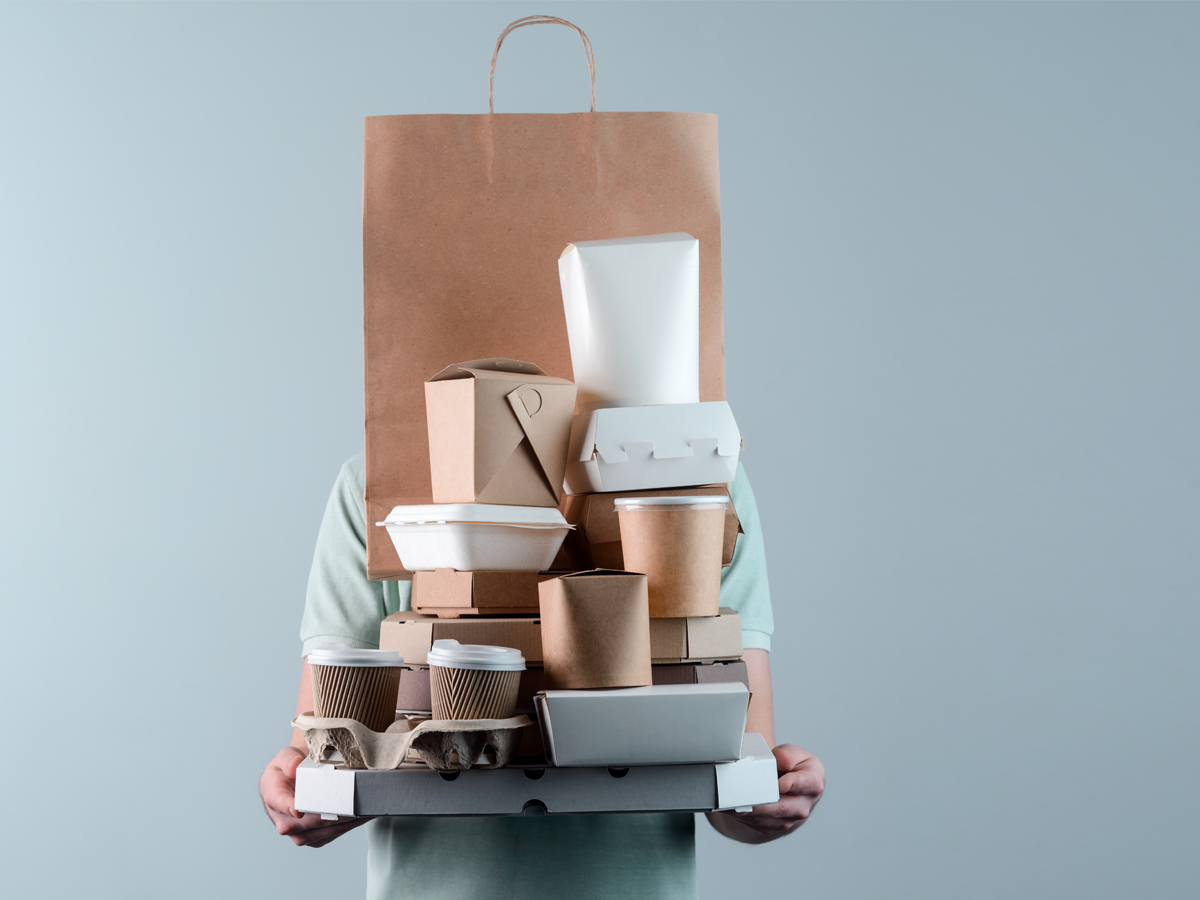
[ad_1]

Ride-hailing app Ola is expanding its foods business by increasing the number of in-house brands, at a time when its core offering has shown only a gradual path to recovery.
“Increasing the wallet share of a customer is the key metric for us… right now, we have four brands – across various stages of expansion, and we plan to add more,” Pranay Jivrajka, CEO of Ola Foods told ET in an exclusive interaction.
“During Covid-19, we saw increased consumer preference for indulgence eating, away from everyday meals,” he said.
The company planned to capitalize on some of these trends in the coming months, he said.
In the last nine months, Ola Foods has launched three new brands — Bowlsome, Paratha Experiment, and Meal Kits, and expanded its selection under top-selling brand Khichdi Experiment. Ola Foods plans to expand to 8-10 brands, and beyond the metros to smaller cities in the coming year.
“Khichdi Experiment was a category creator that helped us create a playbook to build other brands… For instance, within khichdi, today you have more than 60 such brands competing,” he said. In October, Ola started to scale up private brands, starting with Khichdi Experiment, after shutting down its food delivery marketplace Foodpanda.
The Covid-19 pandemic has, however, halted the company’s plans to expand offline corporate kiosks, its presence in malls, and food trucks, Jivrajka said.
The food delivery business has recovered 80% of pre-Covid-19 volumes, while dine-ins are still less than 10%,according to a report by Zomato.
Mobility, which includes Ola’s core ride-hailing business, is still at 20-25% of pre-Covid-19 levels, analysts have said.
In the cloud kitchen business, while the expansion of kitchens has been selective across the industry, rivals have adopted a similar strategy of diversification of brands to increase kitchen utilization.
For instance, Rebel Foods, India’s largest cloud kitchen chain, plans to use its kitchen infrastructure to expand to ready-to-cook kits, meats, packaged snacks, and invest in 12 brands.
Today, Ola Foods’ 50 kitchens across Bengaluru, Chennai, Mumbai, Hyderabad, Delhi and Pune, cover about half of the cities’ customers. “We plan to expand our reach to 75% of the overall city,” Jivrajka said.
Cloud kitchen business is globally hailed as the model that will help companies survive though the pandemic.
Ola’s food business competes with FreshMenu, Eat.fit, Rebel Foods-owned Faasos, Lunch Box, and Behrouz. It is also a rival to restaurants that own virtual brands, as well as initiatives like Swiggy’s Brandworks which collaborates with select restaurants to co-create delivery-only brands.
What differentiates Ola Foods is its kitchen technology infrastructure, Jivrajka said.
The company is using some of Ola’s facial recognition technology to adhere to safety and hygiene standards, and electric infrastructure ecosystem to build equipment for Ola kitchens.
“We are also investing heavily in precision cooking methodologies by increasing automation in various aspects of food preparation…including designing custom-made equipment for our brands by working with manufacturers, deploying AI-driven initiatives to test out safety and hygiene protocol adherence, and piloting food delivery with drones,” he said.
In January, Ola Foods appointed senior FMCG executive Rajeev Bakshi, who had worked with wholesaler Metro Cash & Carry, beverages giant PepsiCo and confectionery maker Cadbury.
[ad_2]
Source link
